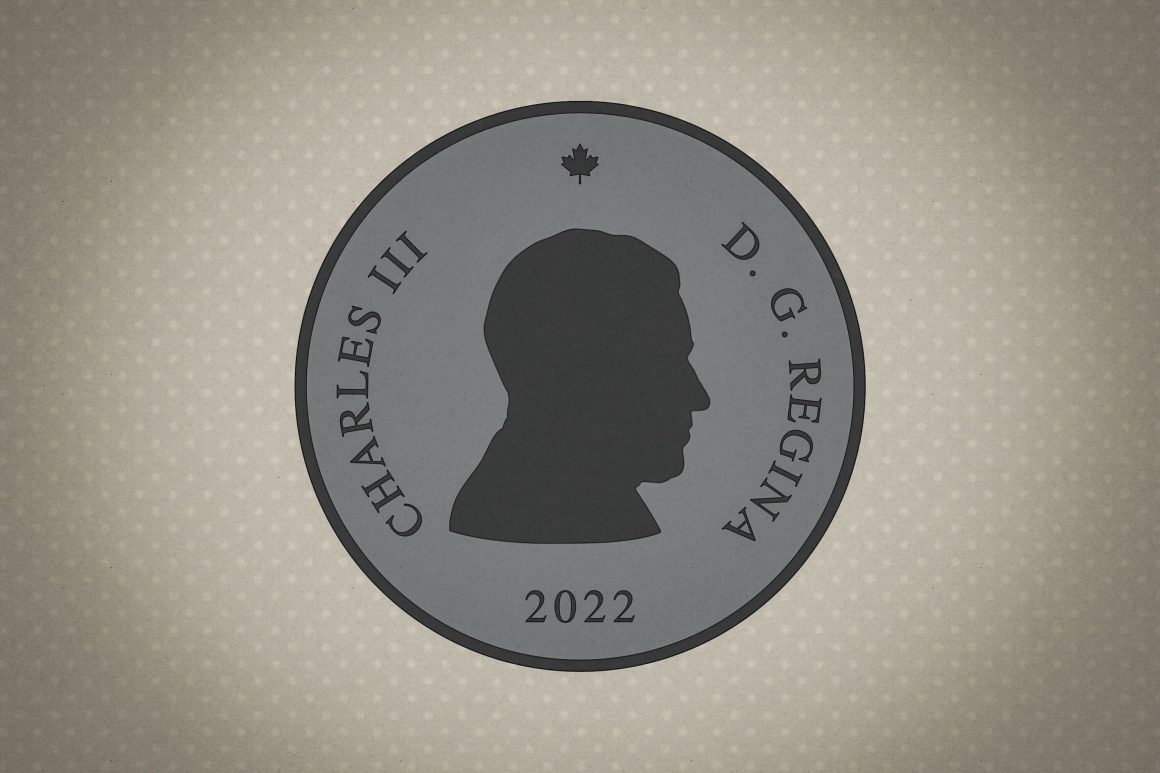
All the king’s horses and all the king’s men…
By Logan Jaspers, September 29 2022—
Following Queen Elizabeth II’s passing and King Charles III’s subsequent ascension to the British monarchy, there have been two prevailing but contradictory sentiments about the monarchy’s future in the 14 Commonwealth realms.
The first is animation, excitement to catch up with the times and replace the monarchy with republics. Opinion polling in Canada shows the public favouring republicanism, so it’s likely that countries like Australia or Jamaica with stronger republican movements will have greater opposition to the monarchy.
The second sentiment is trepidation. Though Antigua and Barbuda, Jamaica, Saint Lucia, Australia and New Zealand have avowedly republican prime ministers, they’re cautious discussing the monarchy’s future. The prime minister of Antigua said a referendum won’t occur until after the country’s next election, and Australia and New Zealand ruled out any change in the near-future.
Of course, republicans are crawling to replace the monarchy because monarchists won the contextual battle. Monarchists frame the monarchy as an invisible institution with minimal material impact. Hence, replacing it would be a hassle at the expense of time for more pressing issues.
Yet the monarchy has been anything but invisible since Elizabeth II’s passing. Between a deluge of reporting on her death, to monotonous government statements lauding the Queen’s “dedication to public service,” monarchy has been inescapable lately.
Likewise, the excessive shows of loyalty have occasionally become medieval. The renaissance fair stray who proclaimed Charles as King made the ad nauseum declarations of “God save the King” during the recent Conservative Party leadership convention tame by comparison. These prostrations to a figurehead are so hyperbolic that they must be contrived.
The monarchy is so invisible that British police arrested multiple people for expressing their opposition to the monarchy. Arresting people for truisms like “not my king” to “prevent offense” blatantly contradicts any reasonable conception of free speech. One arrest was for heckling Prince Andrew, something which should not only not be criminal, but is an obligation for all until he is held accountable for his predatory behaviour.
It’s unsurprising that a regal environment of entitlement would foster a monster like Prince Andrew. What is surprising — and shameful — is that the Queen supported him to the end. The monarchy’s subsidization of Prince Andrew encapsulates the self-serving culture of royalty — telling people all their lives that their superiority to everyone else is their birthright makes them act that way.
The monarchy is symbolic, but that symbolism matters. Even if the monarchy wasn’t a cradle for decadence and didn’t warrant virtue signalling, media overindulgence and arrests for opinions, the case to abolish the monarchy is still strong. Who elected Charles King? No one! He’s King because he was born to the right mother at the right time. Monarchy is antithetical to the democratic notion of equality regardless of birth. And given Elizabeth II’s personal popularity kept the monarchy alive into the 21st century, her passing marks a great opportunity to finally move on and replace this deeply archaic institution.
This article is part of our Opinions section.
